How To Start Up Business in France?

A vibrant tech culture is growing in France - the increasing number of start-ups are participating in major international accelerators and more and more start-ups are exploring both Silicon Valley and other international markets.
In the last couple of years, things have started to accelerate in the French start-up scene. Moreover, with 1000startups project, initiated by one of the famous French entrepreneur Xavier Niel, the city of Paris will house the world's largest digital business incubator in 2016.
But, if you want to start up business in France, where should you start? Which incubators can empower your idea?
Several French incubators have gained a good reputation in the start-up community.
#1 Numa (formerly known as Le Camping), France’s first accelerator located in Paris, offers a unique six-month program, the first 3 months of acceleration and the next 3 months of growth.
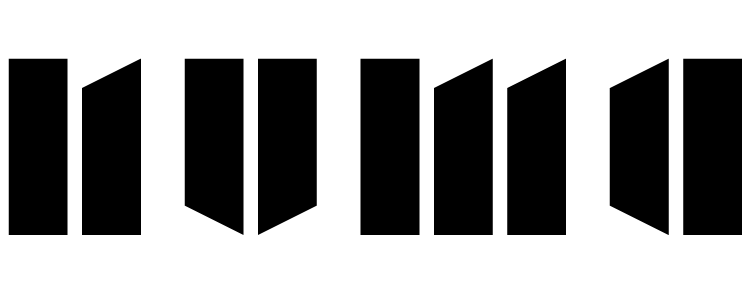
Start-ups have access to lawyers, public relations professionals and accountants, and a network of over 250 business professionals and 140 mentors. Some of the mentors included Ben Hardy (Co-founder & CEO at Kawet), Andrew Lacy (SVP Disney Mobile at The Walt Disney Company), and Paul Teyssier (Product Director at PayPal). Moreover, they have an opportunity to pitch their idea to 500+ investors.
Regardless of the industry or business, Numa offers different programs created specifically for entrepreneurs or non-profits, for instance, or for early-stage and late-stage start-ups, even international exchange programs.
All programs are designed to help entrepreneurs better understand the tech business landscape through specific workshops and trainings (training in lean start-up method, product strategy, business developments, communication, market strategy and more).
#2 The Founder Institute, "the world's largest entrepreneur training and start-up launch program”, promotes the idea of “learn(ing) by doing”.
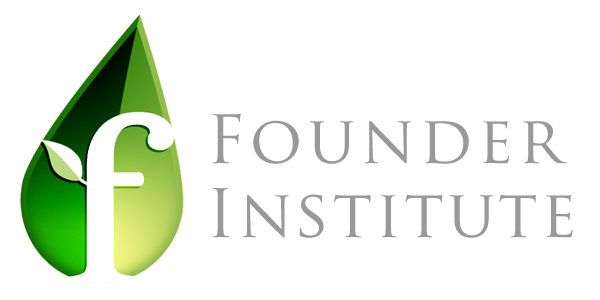
Start-ups receive mentoring and coaching support from industry leaders and successful entrepreneurs, such as Phil Libin (Evernote), Peter Vesterbacka (Rovio), Aaron Patzer (Mint), Robin Chase (Zipcar), Jeffrey Paine (Golden Gate Ventures), to name a few.
The large global network of mentors exceeds 4200 prominent experts and entrepreneurs.
The organization is based in Silicon Valley, but The Founder Institute offers a structured 4-month program across 50 countries, and the French chapter is located in Paris.
In 6 years, the Founder Institute helped over 1550 companies (survival rate is 87.5 %) providing a great opportunity for start-ups to meet other founders and professionals, and international mentors, and develop their idea.
#3 50 partners is a French accelerator funded by 50 successful entrepreneurs including Frederic Mazzella, the founder and CEO of Blablacar and Justing Ziegler the founder of PriceMinister.
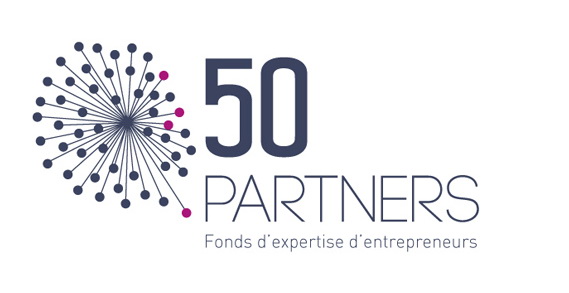
The accelerator provides mentorship and coaching, infrastructure, office space, and networking for early stage start-ups.
The great opportunity is given to 6-8 start-ups (per year) through a personalized program, one-on-one meeting and workshop sessions, partners’ network and automatic funding.
As a founding member of Start-up exchanges, 50 partners offer a month-long exchange program for start-ups in promising new markets.
#4 Agoranov is a public incubator that empowers companies born from scientific and academic research and initiatives, strengthening both the science and the economy sector.
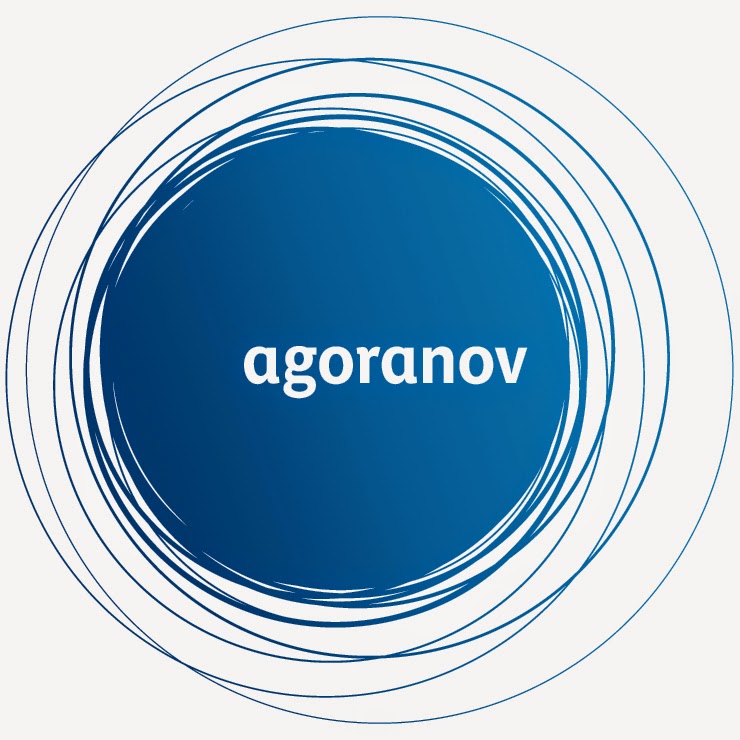
To strengthen new businesses, the incubator offers individual coaching and trainings, workshops on all business-related subjects, especially on private and public funding and business development.
Their accelerator program is created to give young entrepreneurs an opportunity to fully develop their projects and grow their business through networking and active participation.
Agoranov incubator has developed a specific program called Jeunes Entrepreneurs en Résidence where graduates and interns spend 6 to 12 months learning how to develop a business idea and launch a start-up.
On the other hand, French start-up community receives support from international companies as well.
Last year Google organized a 5 days bootcamp for early stage start-ups within their Launchpad program, partnering with Numa.
Microsoft launched Spark, a 12-week start-up program to support a growing entrepreneurial community in France. Located in the district known as Silicon Sentier, start-ups are supported through one to one coaching and mentoring with experienced entrepreneurs and tech experts, workshops and event, and trainings.
Along with international companies, some big French companies are launching different accelerator programs to support entrepreneurship.
One of the world's leading telecommunications operators, Orange, launched Orange Fab, a startup accelerator program in 2013. The selected start-ups benefit from their large network of partners, resources, infrastructure, expertise and investment opportunities during a three-month program.
The growing start-up community in France lacks no initiative from the non-profit sector. The city of Paris is an attractive hub for innovative ideas and projects not only from France but rather from all around the world.
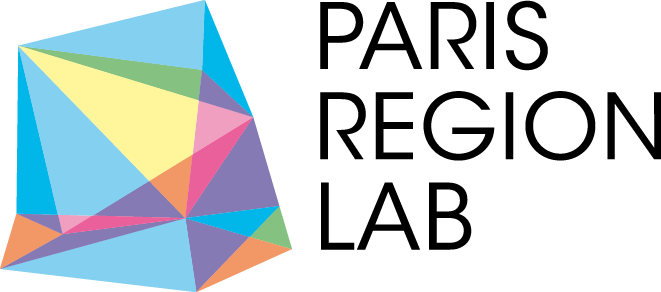
In 2009, Paris municipality and “Ile de France Region” initiated Paris Region Lab, a non-profit organization that supports the growth of Parisian incubators and other similar initiatives and experiments.
The organization enables SME, young entrepreneurs and large companies to grow and improve their business and solutions With Paris Incubateurs, the organization focuses on supporting late stage ventures through a network of more than 20 incubators.
Paris Region Lab accommodates start-ups on various locations collaborating with co-working space (for social business) and other companies interested in setting-up an incubators (Renault is involved in an incubator dedicated to mobility).
With Open Initiative Club, they help young companies pitch in front investors and grow their partner network.
French business and engineering schools, universities and research institutions have developed good strategies to support the business growth. Such programs and initiatives are organized by ESCP Europe, Polytechnique, HEC, ESSEC, Sciences Po, and other.
PARISTECH entrepreneur incubator for instance offer personalized support for 18 months, specifically supporting graduates from the Paristech schools.

The Technological Incubator of Paris-Saclay-Ile-de-France campus, Incuballiance, offers support and mentorship over 24 months for projects created in collaboration with the Polytechnique.
The incubator brings together research and entrepreneurship from different industries (transport and automobile, telecommunications, IT, electronics, defence, Genentech, medtech, biotech and foodtech and other) covering different research areas (applied physics, engineering sciences, ICT, life sciences).
Accredited by the French Minister for Higher Education and Research, the incubator gathers nearly all of the research and higher education institutions.
A growing number of incubators and accelerators in the US, initiated by the French government or successful French companies, are opening their doors to start-ups to help them explore new markets and grow sustainable business.
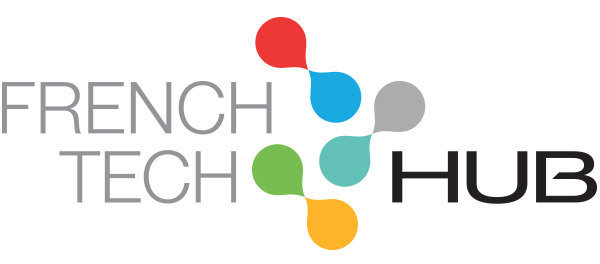
The French Tech Hub (San Francisco and Boston), created by the Ile-de-France region (launched by François Hollande in February of 2014) and supported by the French government. The incubators supports 70+ French companies based in the United States, offering free advising service, office space, infrastructure and local expertise to help them expand in the US market.
In Atlanta and Philadelphia French companies can find support in the Enterprise Rhône-Alpes International (ERAI). The organization provides office space, and other business-related services.
Spark Labs is an incubator located in New York with a specific focus on French and European start-ups, although open to all entrepreneurs. Parisoma is the co-working space launched in 2008 in San Francisco by the Parisian PR Agency Fabernovel. They promote collaboration and openness in business and until now have hosted over 500 founders, developers and designers.
Although building a tech ecosystem takes generations of start-ups, it’s evident that French start-ups are gaining more interest and support for their innovative ideas.
So if you wish to get your idea off the ground this is where you should start.

Comments
Leave a comment